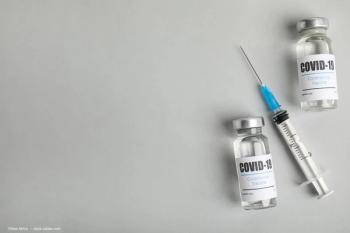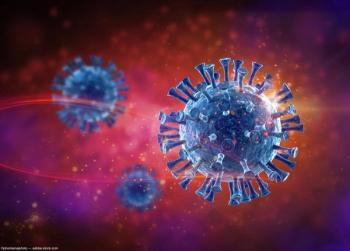
Are first signs of COVID-19 seen in the retina?
A team of investigators has found that the retina could offer signs of possible COVID-19 infection before they appear in other parts of the body.
Investigators from Singapore National Eye Centre in Singapore reported that the retina may show signs of COVID-19 infection even before they appear in the rest of the body.
The researchers theorized that “the retinal microvascular signs may result from cardiovascular and thrombotic alterations associated with COVID-19 infection.”
According to Ian Yeo, MBBS, FRCS, corresponding author, the team conducted a prospective cross-sectional study1 in which patients were included who tested positive for COVID-19 by nasopharyngeal swab, with no medical history.
The patients then underwent retinal imaging using
A total of 108 patients (216 eyes; mean age, 36.0±5.4 years) were included. Of these 41 (38.0%) patients had an acute respiratory infection when they presented.
Regarding the retinal findings, the authors reported that 25 (11.6%) eyes had retinal signs in the CFP and/or OCT images.
Nine patients had bilateral retinal findings that included 8 eyes (3.7%) with microhemorrhages, 6 eyes (2.8%) with retinal vascular tortuosity, and 2 eyes (0.93%) with cotton wool spots.
OCT showed hyperreflective plaques in 11 (5.1%) eyes in the ganglion cell layer, and 2 of these eyes also had retinal signs on the CFP (cotton wool spots and microhemorrhages, respectively).
The investigators also did not observe significant (p = 0.227) differences in the prevalence rates of the retinal signs between patients who were symptomatic and those who were not.
However, the patients with retinal signs were “significantly more likely to have transiently elevated blood pressure than those without (p = 0.03).”
---
Reference
1. Sim R, Cheung G, Ting D, et al. Retinal microvascular signs in COVID-19. Br J Ophthalmology 2021;
Newsletter
Don’t miss out—get Ophthalmology Times updates on the latest clinical advancements and expert interviews, straight to your inbox.





























